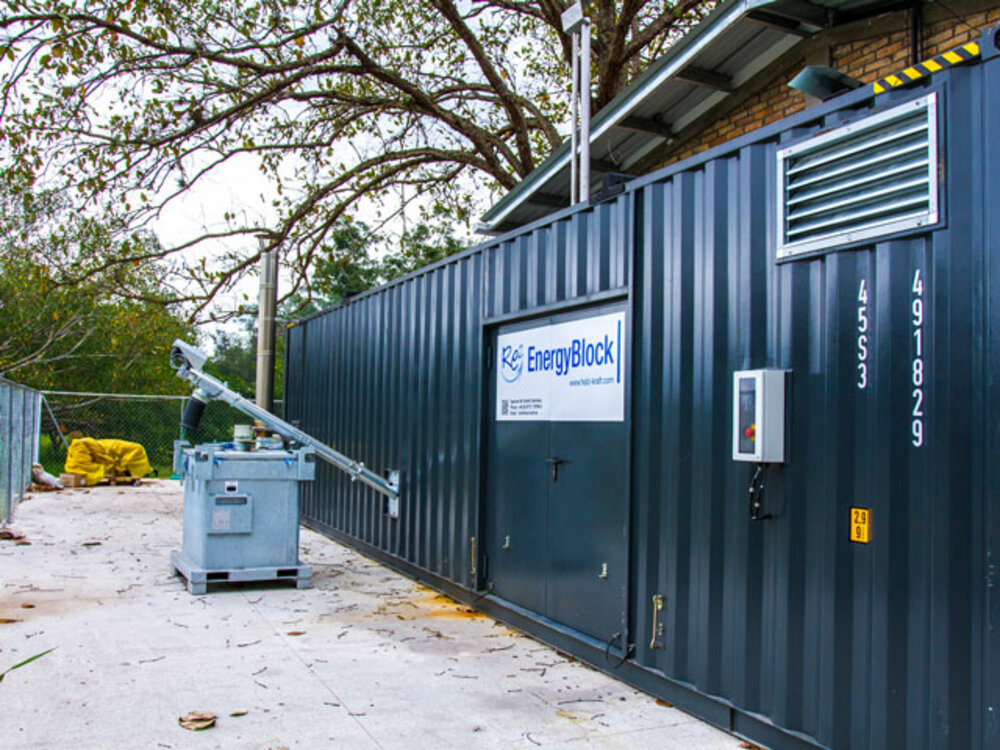Hondurans have a program to strengthen capacities in renewable energy

Spain's Debt Conversion Program for Honduras supports UNACIFOR's academic offer with an investment of 47 million lempiras.
Tegucigalpa, February 21, 2018.- The Wood Energy Program with the Strengthening of the Analytical Laboratories for Research and Technology Transfer of the National University of Forestry Sciences (UNACIFOR) is now a reality.
UNACIFOR is located in the city of Siguatepeque, in the central zone of Honduras. It is an institution of great prestige in Latin America. For more than 40 years, it has been responsible for the training of professionals with the highest standards in the forestry sector.
Spain's Debt Conversion Program for Honduras, managed by the Central American Bank for Economic Integration (CABEI), financed the academic program last year with 47 million lempiras; with these resources, it is expected to contribute to the sustainable development of the country.
Installed Capacity of the Laboratories
The installed capacity of the laboratories, which are located within the college campus, is strengthened with the implementation of this program, capable of generating reliable and valid information, as well as the training of human resources for the promotion of wood energy. This term applies to all the energy obtained from primary and secondary solid, liquid and gaseous biofuels derived from forests, trees, and other forest land vegetation.
This is achieved through scientific research on the wood energy potential of trees and their transformation as a renewable alternative within the national and regional energy matrix, thus contributing to the reduction of greenhouse gas emissions.
It will directly benefit 400 students annually, for the courses on: forestry- namely, the study of the cultivation, care and exploitation of forests and woods; forest sciences and engineering; and postgraduate degrees in renewable energy management.
The teaching staff, researchers and laboratory specialists of the University will also reap the benefits of this program, in addition to the 900 thousand families that use biomass material to generate heat and electric energy. There are approximately 1,200 investors in energy plantations.





